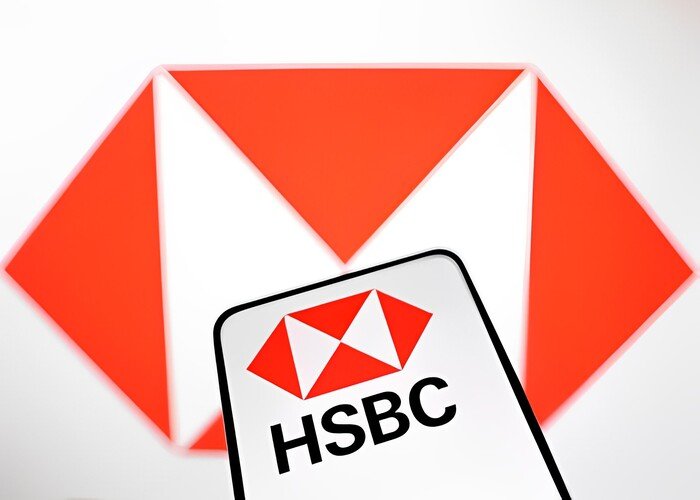The purchase of HSBC’s (HSBA.L) domestic subsidiary by Royal Bank of Canada (RY.TO) for C$13.5 billion ($10.2 billion) was authorized by Canada on Thursday. This agreement would further solidify the dominance of the nation’s leading lenders in the market.
The agreement is contingent on RBC building a global banking center in Vancouver, preserving HSBC’s Canadian workers, and eliminating expenses related to transferring mortgages from HSBC to RBC.
In addition, RBC will need to hire 10% more people in its Winnipeg client operations center, finance the building of $7 billion worth of affordable housing throughout Canada, and maintain banking services at least 33 HSBC locations.
Finance Minister Chrystia Freeland stated that the Vancouver center will support over 1,000 jobs and generate over 440 net new jobs in British Columbia.
In an exchange filing, HSBC stated that it is collaborating with RBC to advance the transaction, which it anticipates concluding in 2024’s first quarter. It stated that it plans to use the revenues from the sale of 21 cents per share as a special dividend in the first half of 2024.
The company said the deal, which unites Canada’s most prominent and seventh-largest lenders, will strengthen RBC’s domestic market share and worldwide standing.
“HSBC possesses the ability to deal in several currencies that we currently lack and will acquire as a consequence of the acquisition. We’re quite excited about their worldwide money movement capabilities,” Neil McLaughlin, head of the Personal & Commercial Banking Group, stated in an interview.
“It is very much part of where we see the opportunity.” According to McLaughlin, there are no requirements from the finance ministry “that have really taken us off the path.” According to the finance ministry, the Office of the Superintendent of Financial Institutions, a federal financial regulator, has also authorized the sale.
Although it was deemed unlikely to harm competition, the Competition Bureau authorized the agreement in September, noting that it would “result in a loss of rivalry.”
Pierre Poilievre, the leader of the Conservative Party of Canada, stated on Thursday that the government “should have supported competition in banking and mortgage lending by blocking the merger.” Poilievre had campaigned to reject the agreement.
He stated on X, “Now all Canadians will pay the price.” According to McLaughlin, RBC is dedicated to assisting HSBC’s clientele during their move, and the Canadian market is still “very competitive.”.
The largest merger in RBC’s history also defeated resistance from anti-monopoly and environmental organizations and conservatives who lamented the industry’s growing concentration and the potential for increased customer prices.
Once marketing itself as the “world’s local bank,” HSBC now has 780,000 customers across more than 130 locations in Canada. As it reduced its worldwide footprint to concentrate on Asia, it left Canada.
HSBC Group Chief Executive Noel Quinn stated, “The reality is that HSBC Canada only has a market share of around 2%, and we cannot prioritize the investment needed to grow it further.”
Since authorities rebuffed RBC’s offer for Bank of Montreal (BMO.TO) in the early 1990s, the banking industry in Canada has not seen attempts at deals of this magnitude.
Banks seeking expansion both domestically and abroad have lately invested billions in acquisitions. U.S. lender Bank of the West was bought by BMO (BMO.TO), while U.S. lender First Horizon was the subject of an unsuccessful acquisition offer from TD Bank (TD.TO).
































Comment Template